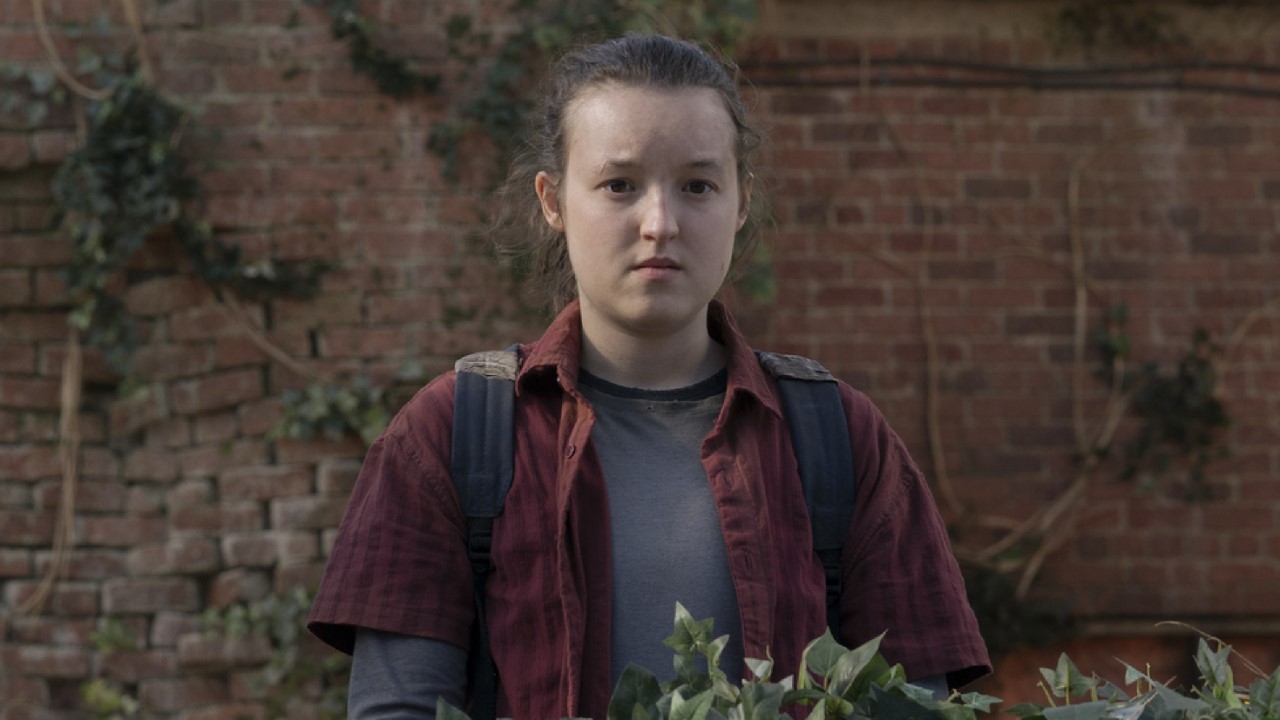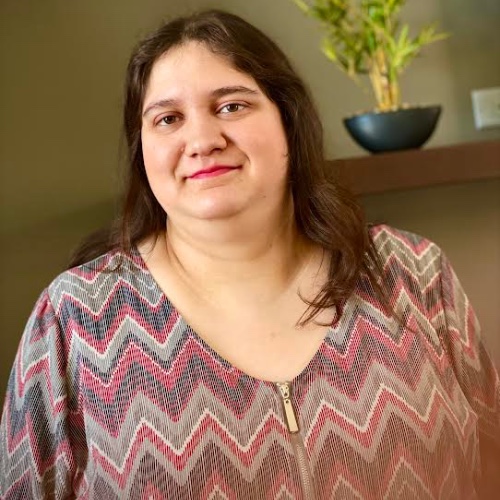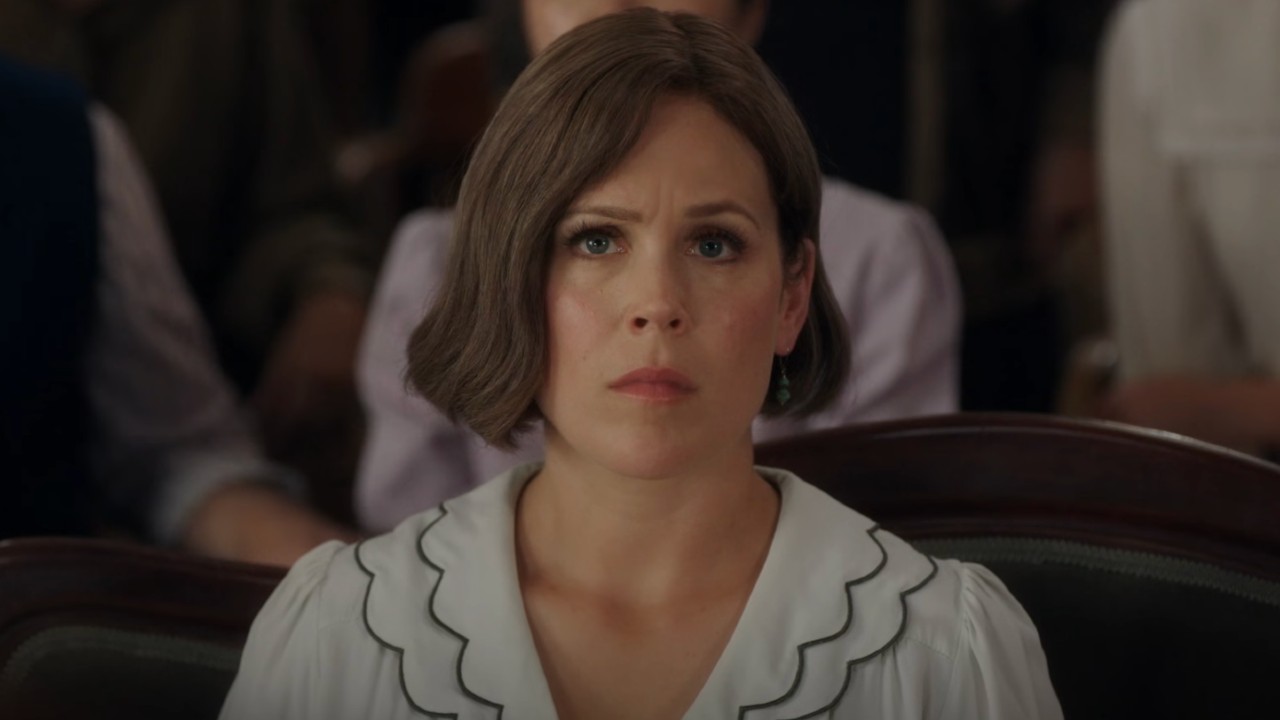The Last Of Us’ Bella Ramsey On The Importance Of Queer Representation In The Show
Queer representation is always important.

HBO’s The Last of Us made waves while it was airing, and it’s not just because of how crazy accurate it is to the beloved video game franchise. There’s also been a lot of praise for the cast and the show's two leads, Bella Ramsey and Pedro Pascal, who play Ellie and Joel. While she perfectly fits the character, mannerisms included, she also represents the queer community, with a storyline focusing on Ellie and Storm Reid’s Riley, Ellie’s friend and crush who gets infected. Overall, this storyline was heartbreaking, moving and important for both Ellie and fans, and now the actress behind the main character is talking about the importance of queer representation on TLOU.
In an interview with L’officiel, Bella Ramsey discussed Ellie and Riley's important storyline and how connected she was to it. Their friendship was a special one, and being the person she is, all Ellie cared about was Riley. In the episode “Left Behind,” it was clear that there was something more between them, as was the case in the game. Many loved this storyline, and now Ramsey is opening up about what she adored about it, saying it didn’t matter whether Ellie was gay or not or who cared because that’s just the world we live in. The actress said:
I definitely connected with it, and it was really exciting to me. I remember the character description that came through in the initial email about Ellie. Part of what Craig wrote in her description was that 'she's gay and she doesn't care,' or I think the actual words were 'doesn't give a fuck what you think.' I just loved that from the get-go.
While The Last of Us is ultimately a story about the apocalypse and survival, they've done a beautiful job working in heartfelt and tender storylines, like Ellie and Riley's story told through flashbacks as well as Bill and Frank's episode. These were also great ways to include queer representation and normalize it through vital arcs throughout the series.
The other queer relationship highlighted in the show came from Nick Offerman’s Bill and Murray Bartlett's Frank in Episode 3, “Long, Long Time.” As survivors of the outbreak, the two grew close and started dating, and through years of love, happiness, loss, and pain, ultimately ending in the two dying. Not wanting to live without Frank, who had a terminal illness, Bill takes the pills as well, and they die together. Bella Ramsey praised this episode as well as her own with Reid and the representation they both bring. She also noted how organic it all felt, even in the middle of an apocalypse:
It was really nice to have two really queer episodes. Like, gay people exist, so why shouldn't they exist in the apocalypse? I really liked that it didn't feel tacked on. It was so integral to this story, and so organically done, that it didn't feel like, Oh, we're just putting in these queer people for representation. This is the story, and it's just a story of two people loving each other, and it was really beautiful.
While some fans were mad about The Last of Us' LGBTQ+ storyline, queer representation, in whatever capacity, is so important, and so many viewers of the HBO series loved and praised these two episodes. Being able to do these flashback episodes while also tying into the present in the midst of an apocalypse has been a great way to dig deeper into other characters, and I hope that continues.
With a second season of TLOU announced, it’s going to be interesting to see what other The Last of Us storylines from Part II will be brought into the mix. Both Pedro Pascal and Bella Ramsey will be returning for Season 2, and the Ellie actor will notably be playing an older version of her iconic character, and I can’t wait to see what happens next.
You can stream the entire first season of The Last of Us with an HBO Max subscription.
Your Daily Blend of Entertainment News

Passionate writer. Obsessed with anything and everything entertainment, specifically movies and television. Can get easily attached to fictional characters.
